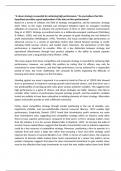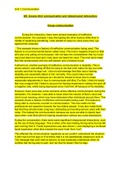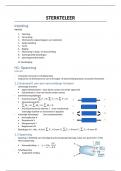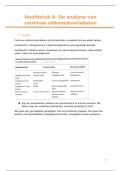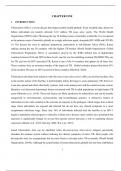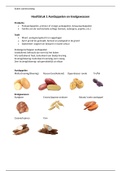Essay
MT1 tutorial essay
- Module
- Strategic Management
- Institution
- Oxford University (OX)
MT1 tutorial essay question: "A clever strategy is essential for achieving high performance." Do you believe that this hypothesis provides a good explanation of the data on firm performance?
[Show more]
